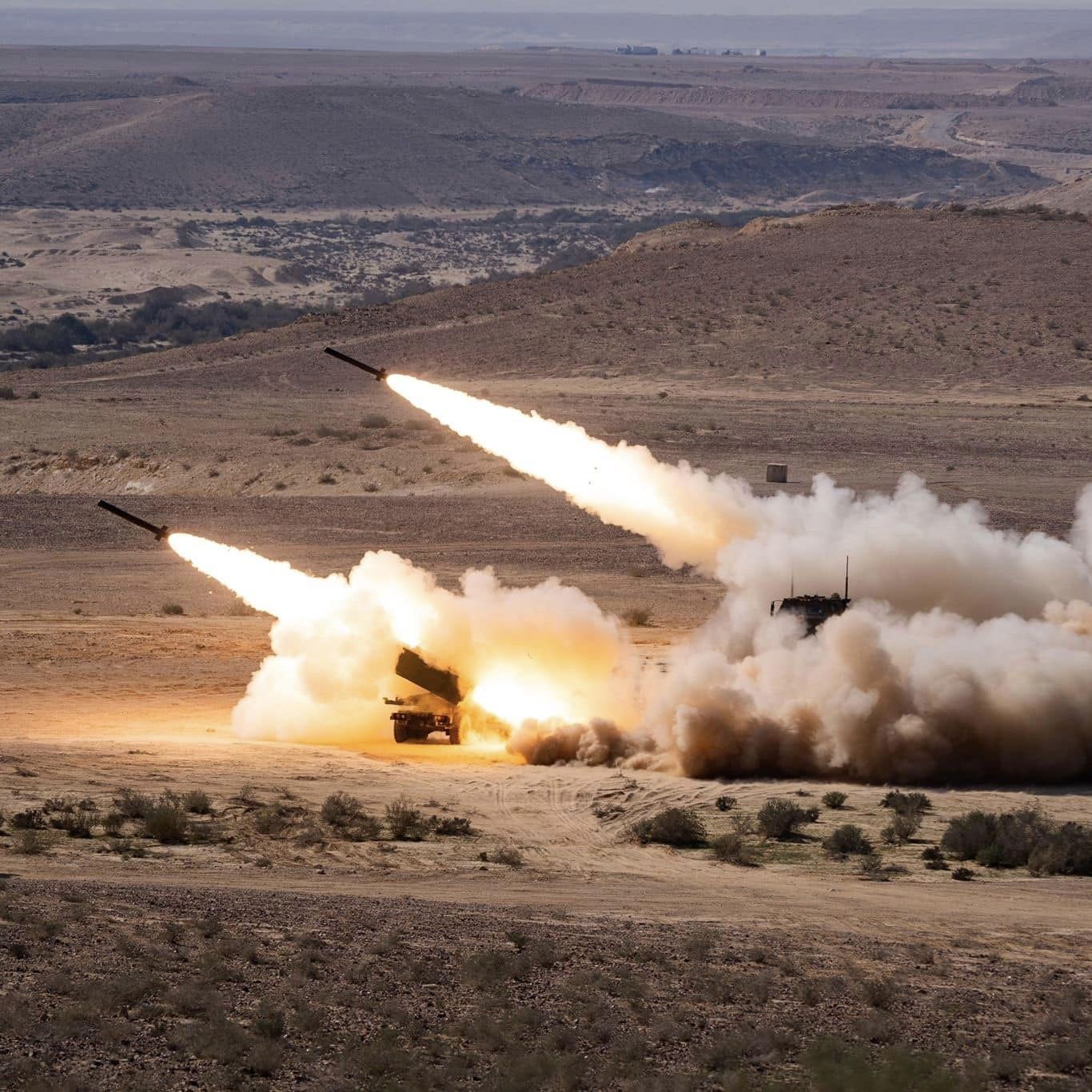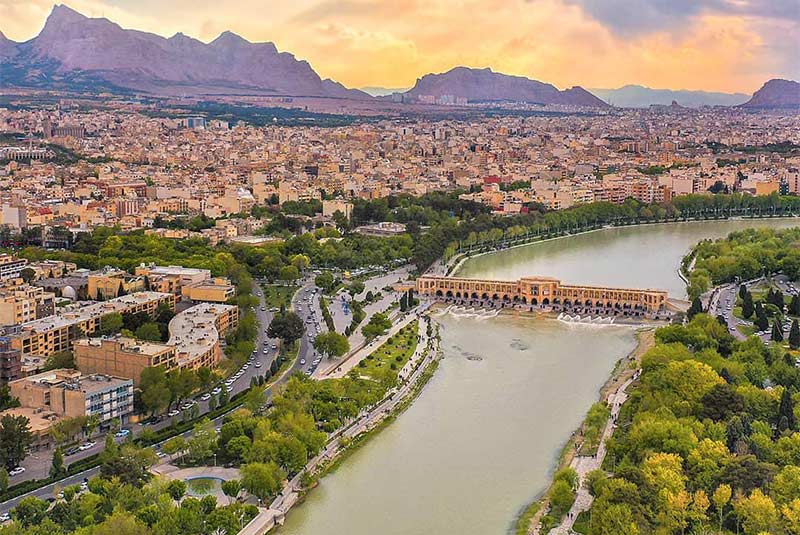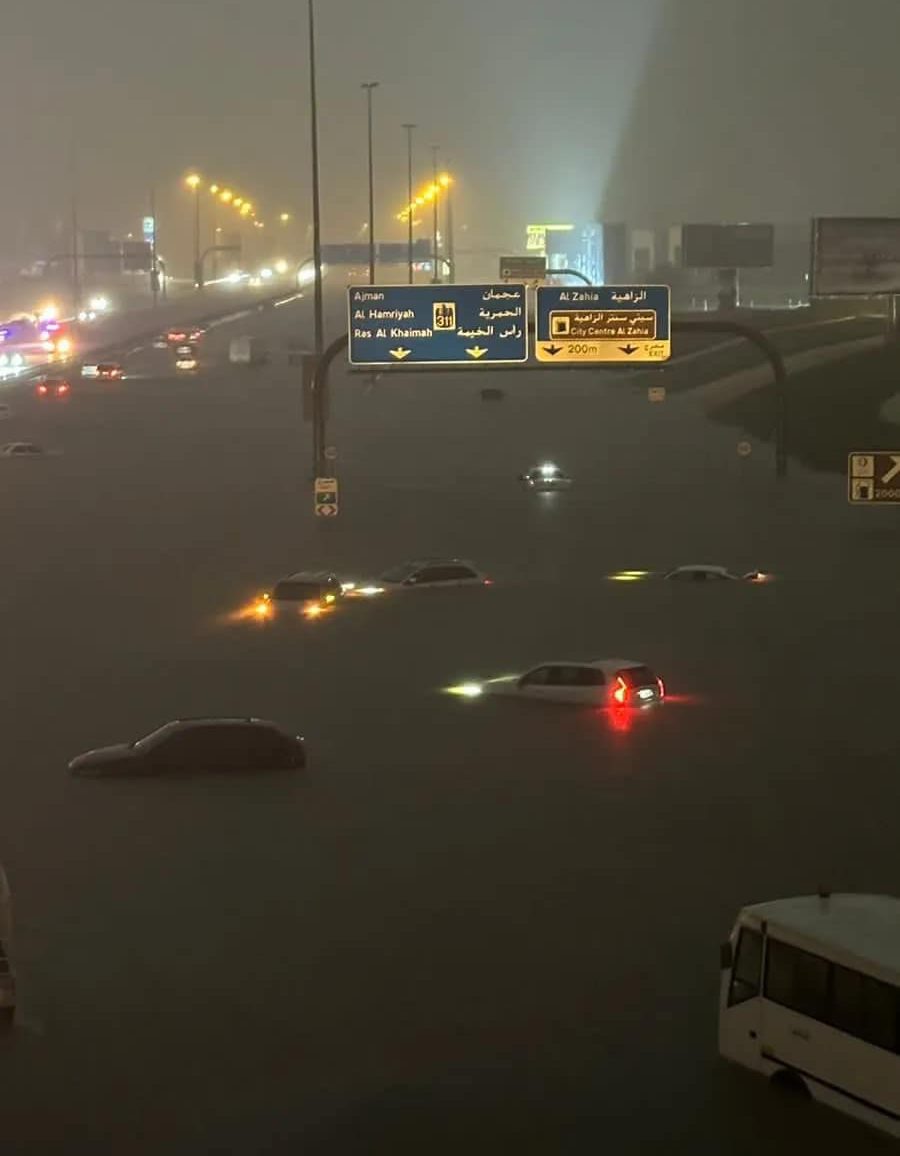The latest escalation of conflict between Israel and Hamas has resulted in an increase to the stock market value of weapons manufacturers, with Israel President Benjamin Netanyahu’s formal declaration of “a long and difficult war” giving investors confidence that arms companies will stand to benefit over the coming weeks.
When markets reopened on Monday following the surprise attack by Palestinian militants over the weekend, the share prices of defence companies were sent soaring, with Northrop Grumman leading the pack with a 12 per cent increase.
As the world’s fourth-largest weapons company, Northrop Grumman supplies the Israeli military with a wide variety of weapons, including various missile systems. It also produces key components for the Israeli air force’s fighter jets.
General Dynamics, which manufactures bombs used by the Israeli military, among other weapons technologies, jumped by nine per cent.
Lockheed Martin, the world’s most valuable arms manufacturer, saw its stock increase by eight per cent. Lockheed Martin is a major supplier to Israel’s armed forces, selling fighter jets, attack helicopters, armoured vehicles, missiles, surveillance radars, and other weapon and surveillance systems.
L3Harris Technologies’ share price rose by six per cent. It manufactures surveillance equipment and and electronic warfare technology for military applications. Among its products are components for Boeing’s Joint Direct Attack Munitions (JDAM), which converts unguided air-to-ground bombs into precision smart bombs. JDAMs have frequently been used by Israel’s air force, including in a 2014 assault on Gaza in which they were credited for the killing of at least 166 people, including 89 children. The system was used again in a 2021 assault, being directly linked to the killing of at least 44 civilians as well as to the destruction of offices used by the Associated Press and Al Jazeera.
Huntington Ingalls Industries saw its shares increase by six per cent. It makes warships for Israel’s navy.
Shares in RTX, formed in 2020 through the merger of Raytheon and United Technologies, rallied by four per cent. It supplies fighter jets, warships and drones to Israel.
Smaller weapons companies also benefitted from the war. Kratos Defence and Security Solutions, which makes electronic warfare, critical system security, missile defence, and cyber warfare technologies, registered an increase of six per cent in its share price.
The above are all US-based companies. European weapons companies had a far more muted reaction, with the UK’s BAE Systems, Germany’s RheinMetall AG, Italy’s Leonardo and France’s Thales all registering increases of between 0.5 and 1.5 per cent.
About the conflict
On Saturday, global attention turned to the Gaza Strip after Hamas, the militant Islamic organisation that governs the area, broke through Israeli defences and unleashed the worst attack on the country’s soil since 1973, when it was attacked on its most holy day of Yom Kippur by an alliance of Arab nations.
The death toll from the Hamas attack stands at over 900, mostly unarmed civilians. The group also captured about 100 hostages.
Since then, Israel has re-established control of the territory’s borders, which it have been under blockade for the last 16 years, while pummelling the 365 sqm area with airstrikes and artillery.
Over two million people live in the Gaza Strip. Were it to be compared to autonomous states, it would be the third-most densely populated area in the world.
Thousands of missiles have been launched out of Gaza, with some getting through Israel’s Iron Dome interceptor system.
Meanwhile, fighting has broken out along Israel’s northern border against Hezbollah, a political party and militant group established in Lebanon.
Both Hamas and Hezbollah are bankrolled by Iran, which does not recognise Israel as a legitimate state.
Over 1,600 lives have been lost since Saturday, which is only the latest episode in a long-running conflict dating back to the creation of the Israeli state and the displacement of Palestinians from their homes.
Since then, Palestinians live under military occupation while Israel continues to build settlements – illegal under international law – on their land.
Support and condemnation on both sides have been swift and vociferous, with European and American leaders publicly backing Israel’s right to defend itself.
However, others have sought to place the actions of Hamas within a context where Palestinians have been left no legal, peaceful avenue to ever achieve self-determination, and criticised the international community for allowing their desperate situation to deteriorate.
Israel has announced a full-blown siege of Gaza, cutting off all access to food, water, electricity and fuel, despite facing criticism as the weaponisation of starvation constitutes a war crime.
A ground assault is also widely expected, with Israel calling on over 350,000 reservists to take up arms.
Featured Image:
Israeli Defence Forces
Inflation risk re-surging as tensions heat up between Israel and Iran
Oil and gold prices jumped after the latest strike by Israel
WATCH: Rare torrential rain in Dubai wreaks havoc and causes major disruption
Flooding hits shopping malls, destroying stock
Spain to end ‘golden visa’ scheme over property market impacts
While countries are slowly banning the practice, Malta remains firm in keeping the scheme alive






